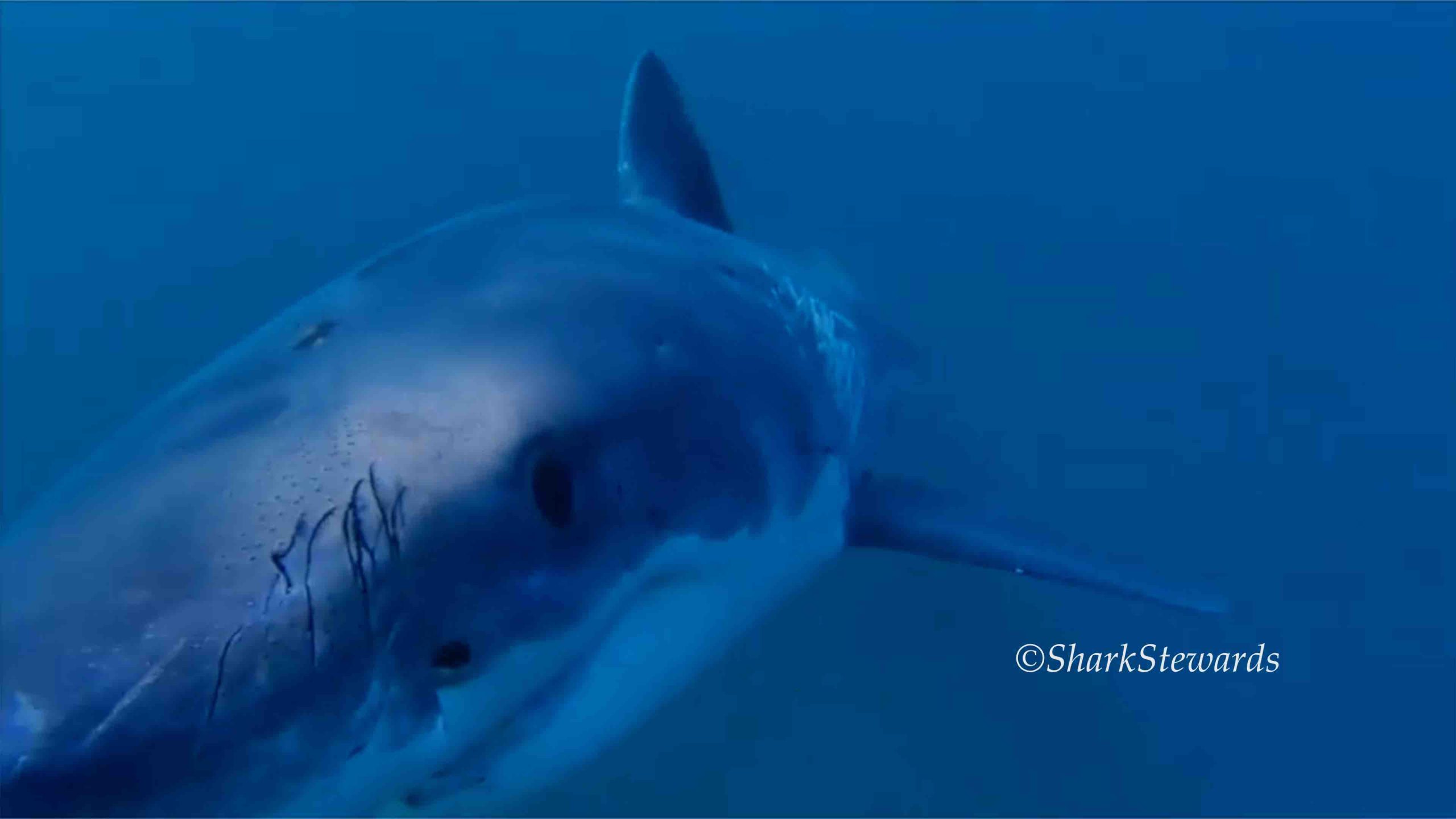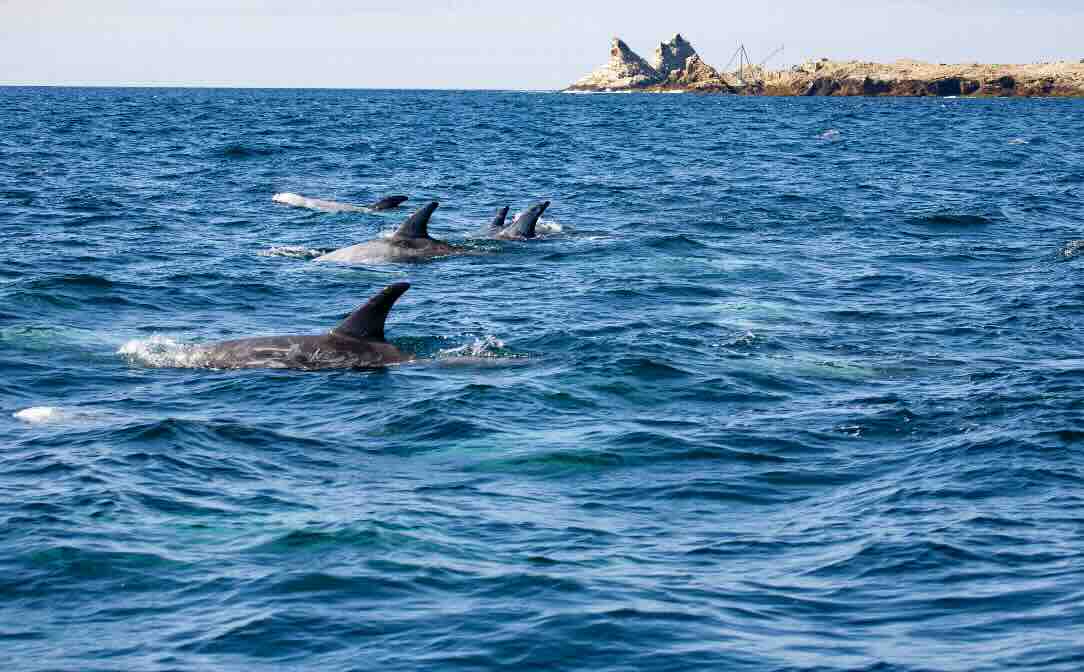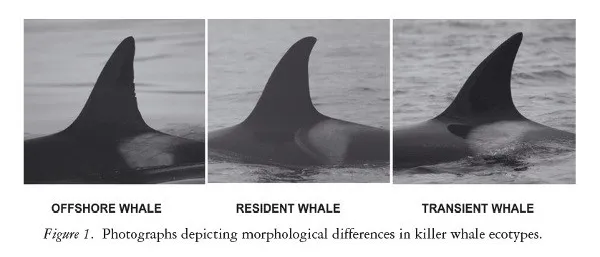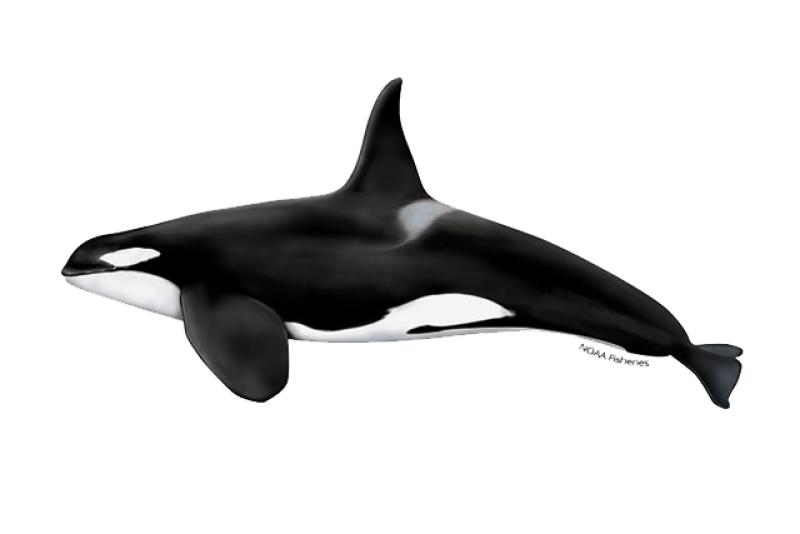Sharktober is the period when the large adult sharks reappear on our coastline after six months or more of absence. After migrating thousands of miles from the Central Pacific ocean between North America and Hawaii called the “White Shark Cafe”, the mature white sharks return in late summer to their feeding grounds off the Central California coast.
Read MoreProtecting Endangered Sharks
Increased protection would reduce incidental take of critically endangered sharks in the Pacific and protect critical habitat. A
Read MoreKiller Whales Considered Separate Species
In the Gulf of the Farallones, the most common ecotype is known as the Transients or Biggs Ecotype. The Transients were the group identified in the humpback whale event last month. These orcas eat mammals, but are known to occasionally prey on seabirds, possibly squid, and occasionally even great white sharks too.
Read MoreThe Real Apex Predators Are White and Black
Highly intelligent, Orcas are also adaptable. It is believed that the resident Orcas may be moving into southern waters to seek alternate prey sources due to a decline in salmon. With an abundance of anchovies in the Greater Farallones and Monterey Bay National Marine Sanctuaries, hundreds of humpback whales are feeding nearshore. Overlapping with the whale season is Sharktober, when the adult white sharks return to feed on pinnipeds off the Farallon Islands. Shark Stewards leads public education trips out to the Farallones each fall helping collecting observations on whales and sharks. Although we love orcas, speaking from a shark conservationists’ point of view, we hope they pass on through and white sharks aren’t on the menu this year!
Read MoreLog to the Devil’s Teeth Expeditions 2023
These unique natural history trips to the Devil’s Teeth, (the Island of the Great White Shark) focus on the history, geology and biology of the Greater Farallones and San Francisco Bay. We only book in fall when the white sharks return and the weather is clement for our passengers and students. We focus on shark conservation and the health of the entire marine ecosystem in our sanctuary. Although we will watch whales and seabirds, and seek sharks- these trips are conservation and outdoor marine education and are not shark specifically watching of diving trips- but we often see sharks!
Read More



